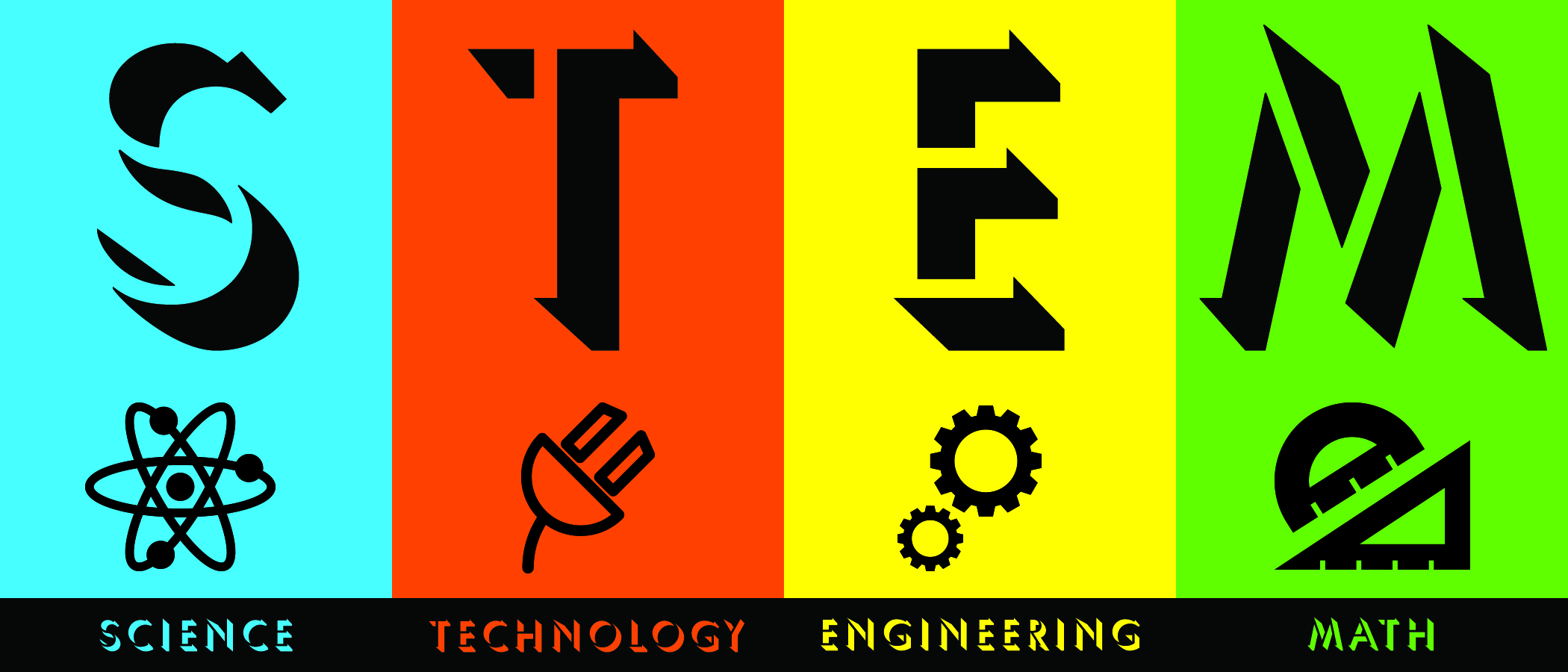Stephen Hawking was arguably the world’s most famous scientist — dominating the domain of theoretical physics despite dealing with the devastating physical effects of motor neurone disease.
However, the UK Government has recognised that too many barriers still remain for people with disabilities who want to carve careers in the Science, Technology, Engineering and Maths (STEM) sector.
And with STEM education and careers support organisation STEM Learning reporting a current shortfall of 173,000 workers, while 89 per cent of STEM businesses struggle to recruit, there’s a skills gap which disabled people should be able to plug a significant portion of.
The sector is diverse — covering everything from high-profile cutting-edge organisations like the UK Space Agency to smaller equipment supplies firms like King Scientific.
But that means there’s potentially a role for everyone — here are some moves afoot to make STEM careers more inclusive.
EPSRC funding
In August 2018, the Education and Physical Sciences Research Council (EPSRC) announced that it had ploughed £5.5 million of research funding into 11 projects across the UK that tackle inclusion, diversity and equality in the physical sciences and engineering.
Professor Gareth Pender of Edinburgh’s Heriot Watt University is leading a project on disability inclusive science careers that’s one of the beneficiaries — it features partners from the University of Edinburgh, University and Colleges Union Scotland and National Association of Disabled Staff.
This dynamic project will focus on the recruitment, retention and advancement of postdoctoral students with disabilities using a special online training portal that assists employers with implementing disability inclusion — including virtual reality games that immerse able-bodied managers in the life experiences of disabled researchers.
It’ll also include a training programmed developed to support disabled researchers in career development and, after it’s two year timeframe is complete, all of the resources will be made available for free to any science organisation who wants to bolster their inclusivity.
More information on the entire scheme is available on the relevant web pages of EPSRC.
Employers
Government schemes are important, but several STEM employers are taking the bull by the horn and introducing proactive diversity and inclusion policies that make careers more accessible for disabled people.
For instance, infrastructure support service provider Amey was recognised as a corporate leader for inclusion by the British Government in January 2018 — thanks to training 2000 managers in the area and ensuring 800 employees are dedicated to threading diversity through the fabric of company values.
And last year, Fujitsu was praised by the Business Disability Forum for its work in making adjustments for disabled staff such as installing accessible computer systems and training all staff in disability awareness.
So positive moves are being made, although the road to equality is time-consuming and testing.
With major corporate entities like Amey and Fujitsu at the vanguard of accessible working, we can only hope competitors follow their lead as soon as possible.
It’s evident that in many ways, the big picture on making STEM careers more inclusive is bright — long may it last.
Does your company promote STEM career inclusivity? Share your thoughts in the comments section.



